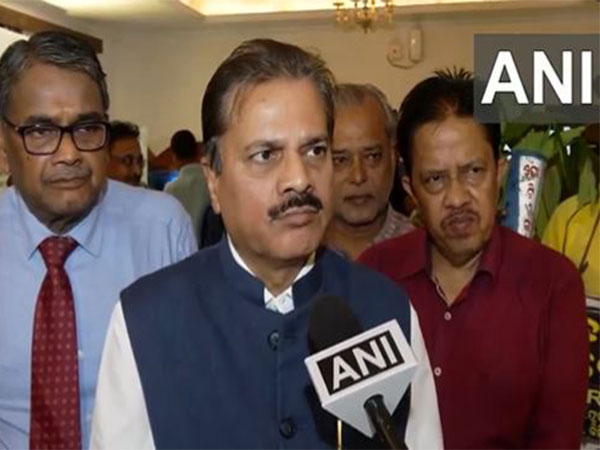Polar Ice Melt Sparks Coastal Alarm Amid Rising Cyclone Threat
Dr. Mrutyunjay Mohapatra of IMD emphasizes the role of climate change caused by human activities in increasing severe weather events, ice-melting, and rising sea levels, stressing the need for individual action. A potential weather shift due to a low-pressure area near the Bay of Bengal is highlighted.

- Country:
- India
In a stark warning against escalating climate concerns, Dr. Mrutyunjay Mohapatra, Deputy General Manager at the India Meteorological Department (IMD), highlighted that ice melting in polar regions is contributing to rising sea levels, jeopardizing coastal zones particularly during cyclones.
Dr. Mohapatra explained, 'Climate change is an ongoing process. However, in recent decades, surface air temperatures have surged sharply, raising the frequency, duration, and intensity of extreme weather events like heatwaves and heavy rainfall, impacting both flora and fauna.'
The climatic alterations result from human-caused greenhouse gas emissions, he noted during a recent conclave aimed at raising awareness. Dr. Mohapatra urged individual responsibility in reducing emissions, citing that gases like carbon dioxide and methane persist in the atmosphere for centuries. He also pointed to a developing low pressure over the North Bay of Bengal, which may alter weather patterns across Odisha, West Bengal, and the northeastern states on October 4.
(With inputs from agencies.)










